ANTI-EXTRACTION PEOPLE’S SCHOOL
Group on Green Extractivism in the Balkans
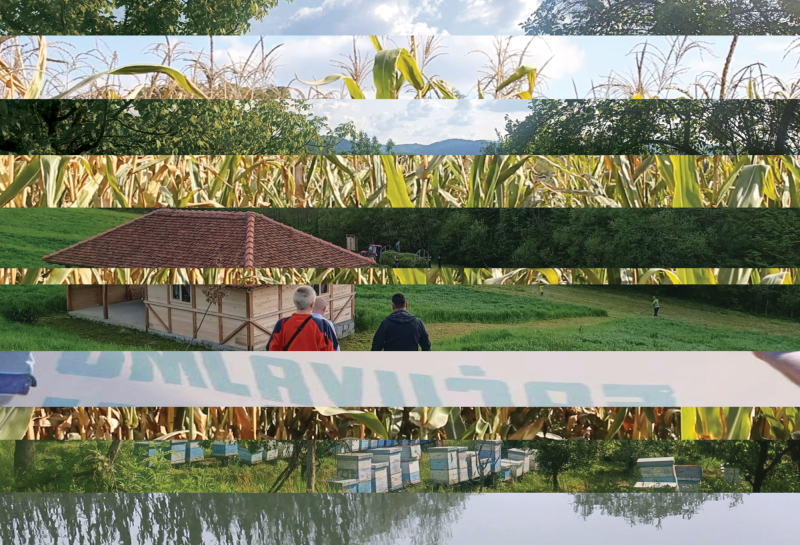
-
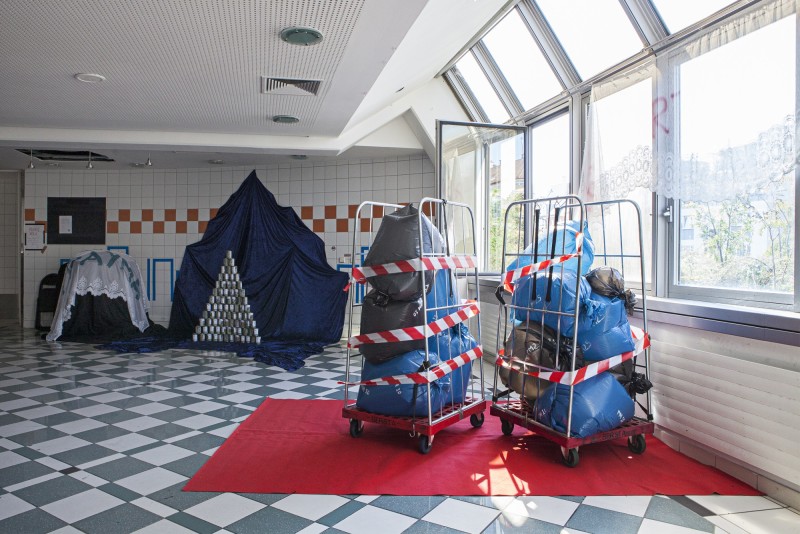
© WIENWOCHE/Olesya Kleymenova -
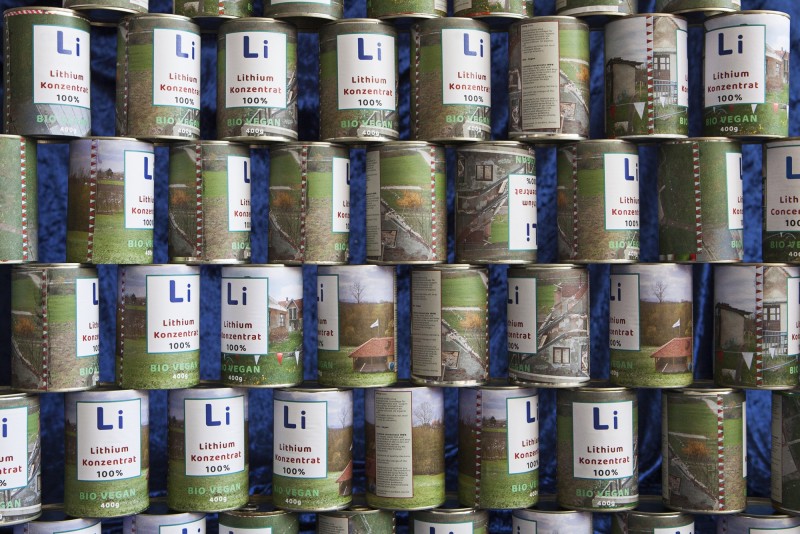
© WIENWOCHE/Olesya Kleymenova -
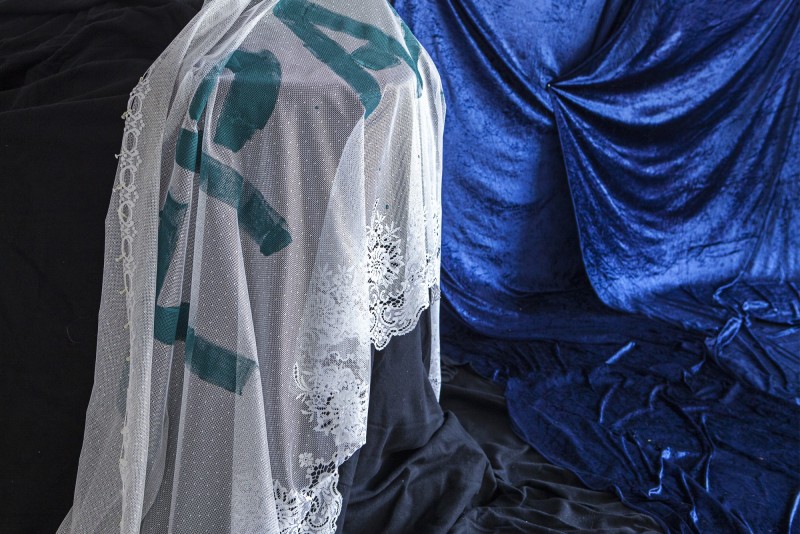
© WIENWOCHE/Olesya Kleymenova -
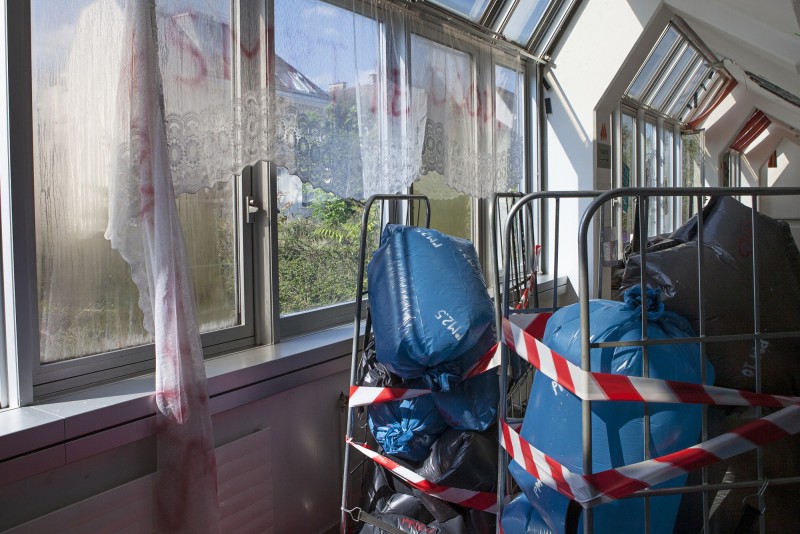
© WIENWOCHE/Olesya Kleymenova -
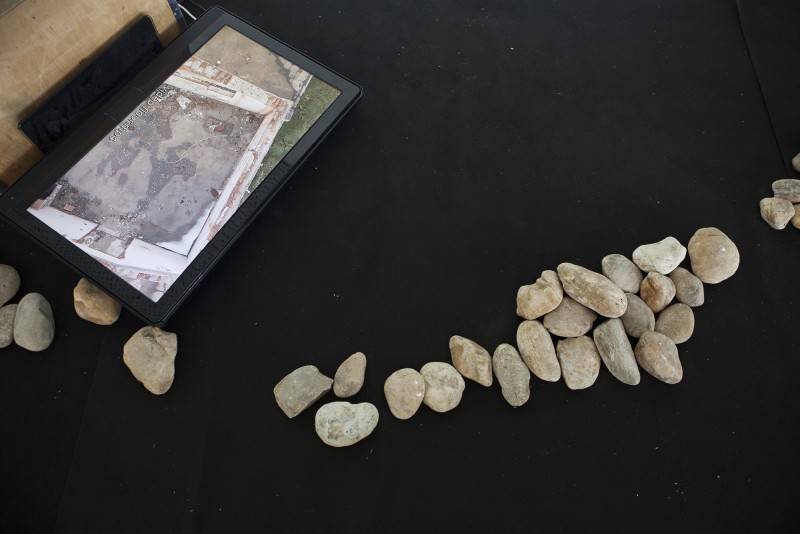
© WIENWOCHE/Olesya Kleymenova -
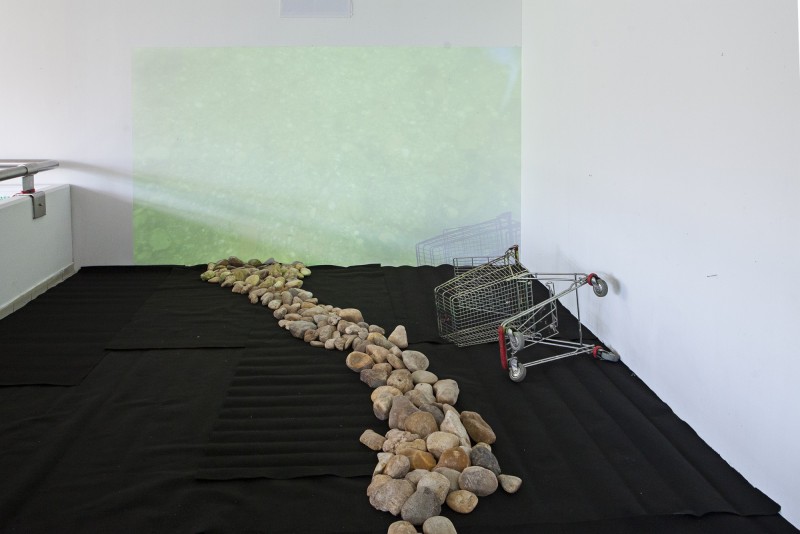
© WIENWOCHE/Olesya Kleymenova -
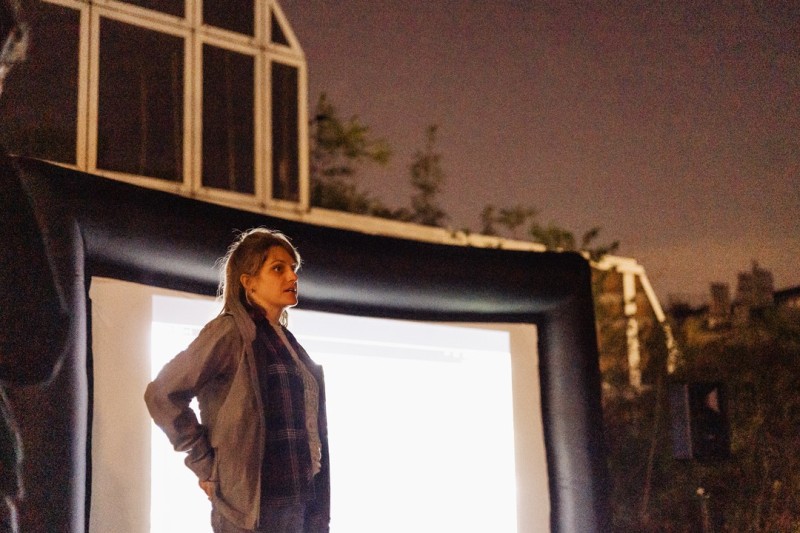
© WIENWOCHE/Mohammad Boshnaf -
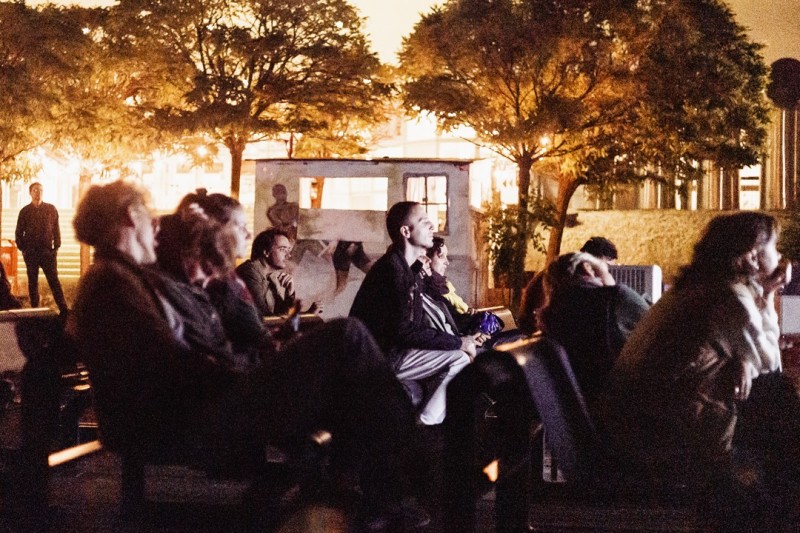
© WIENWOCHE/Mohammad Boshnaf -
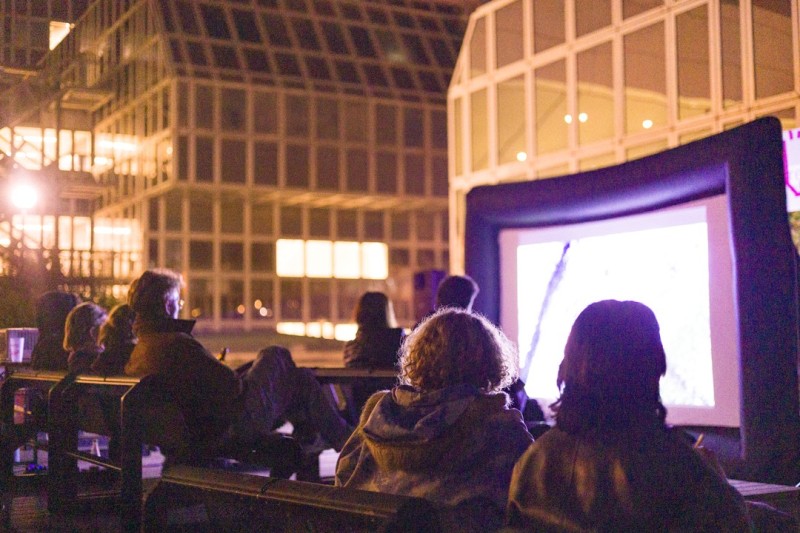
© WIENWOCHE/Mohammad Boshnaf -
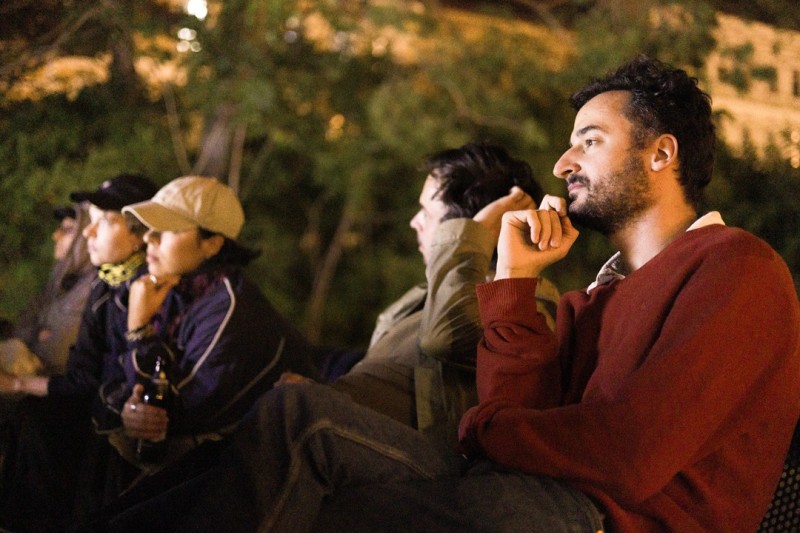
© WIENWOCHE/Mohammad Boshnaf -
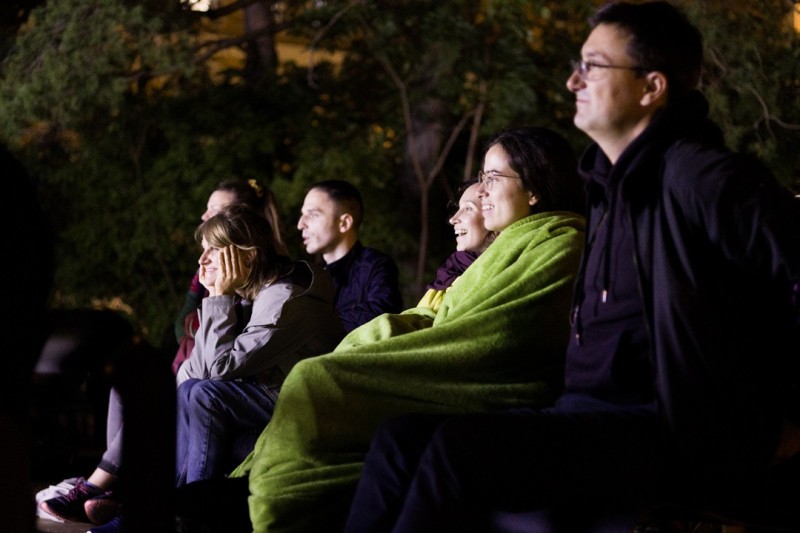
© WIENWOCHE/Mohammad Boshnaf -
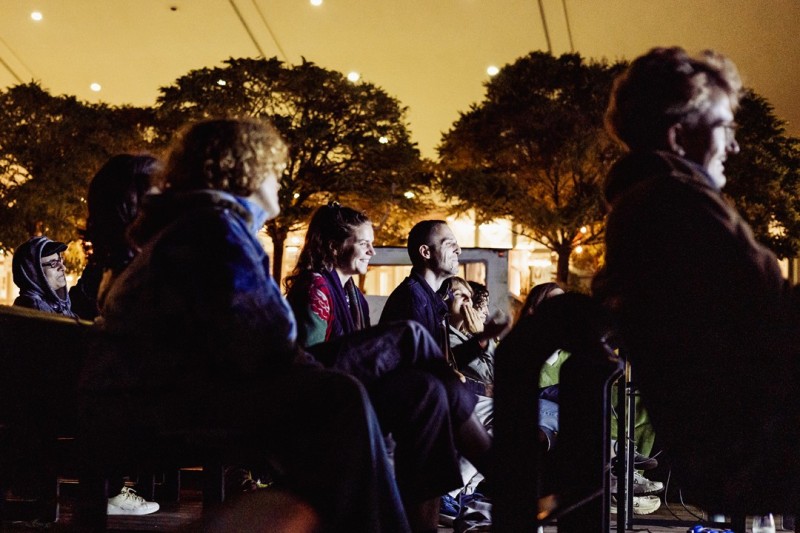
© WIENWOCHE/Mohammad Boshnaf -
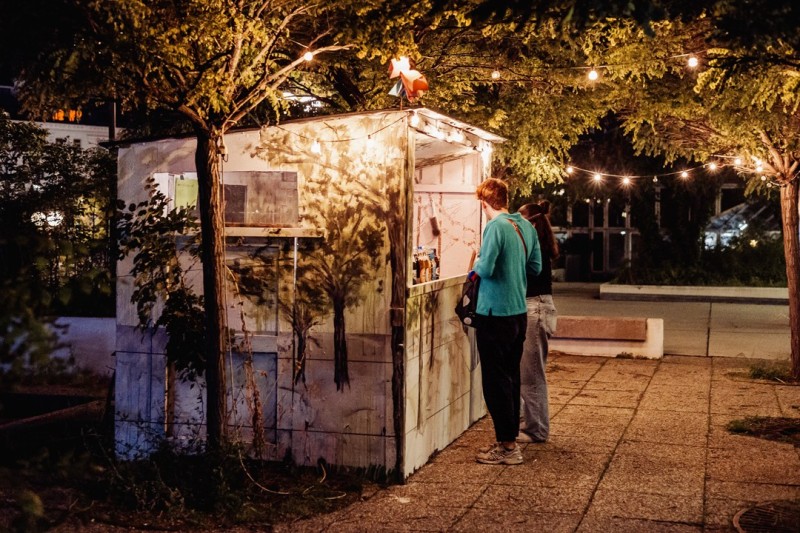
© WIENWOCHE/Mohammad Boshnaf -
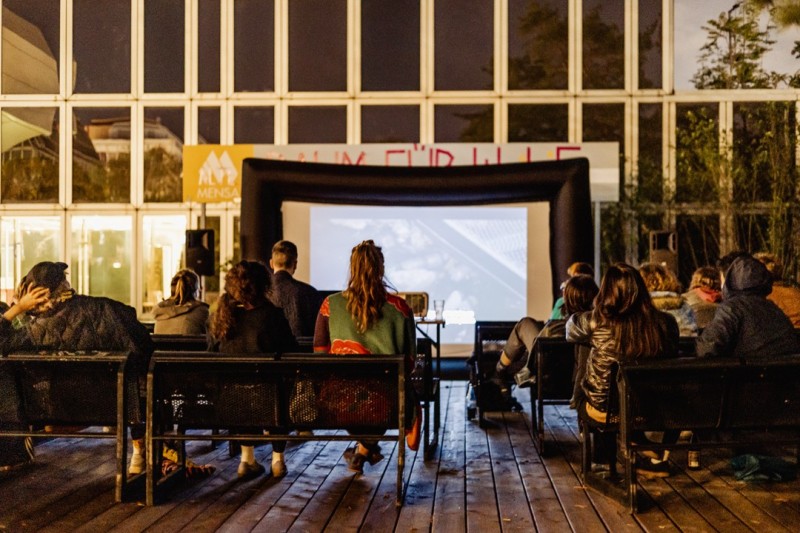
© WIENWOCHE/Mohammad Boshnaf -
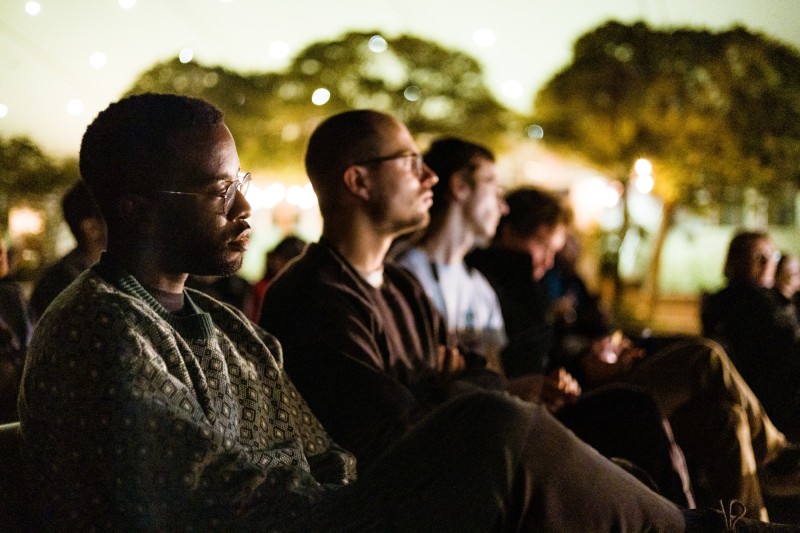
© WIENWOCHE/Mohammad Boshnaf -
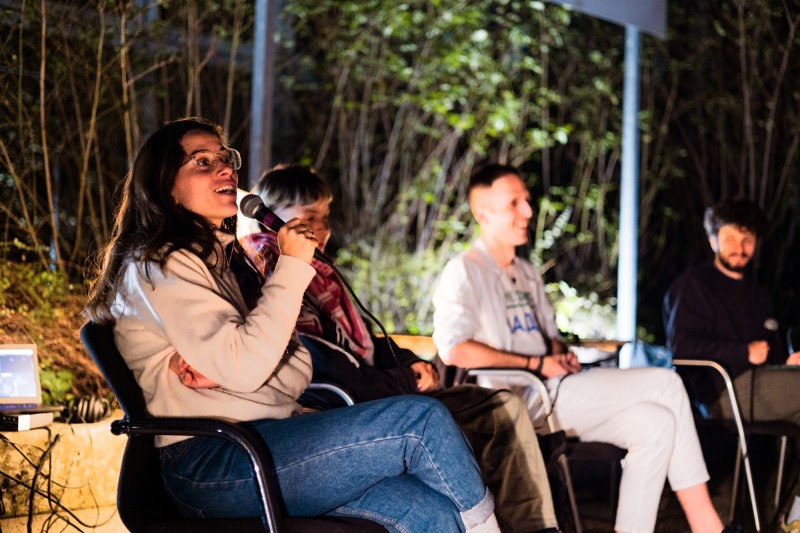
© WIENWOCHE/Mohammad Boshnaf -
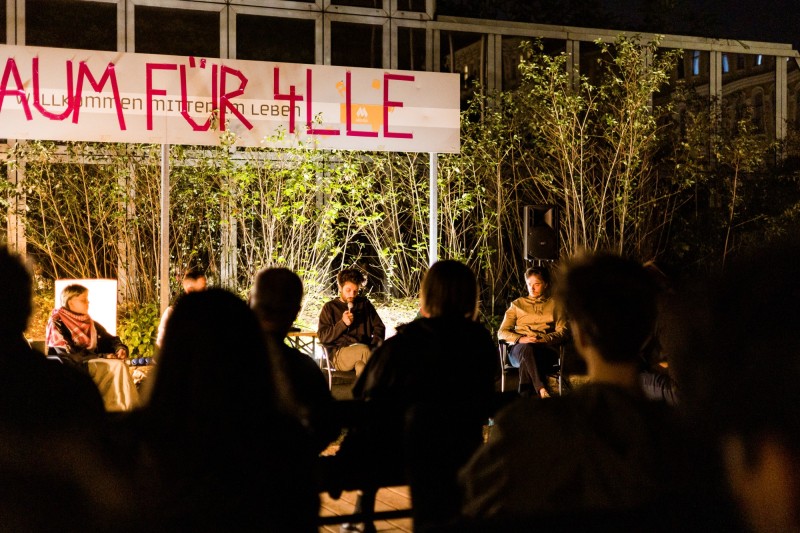
© WIENWOCHE/Mohammad Boshnaf -
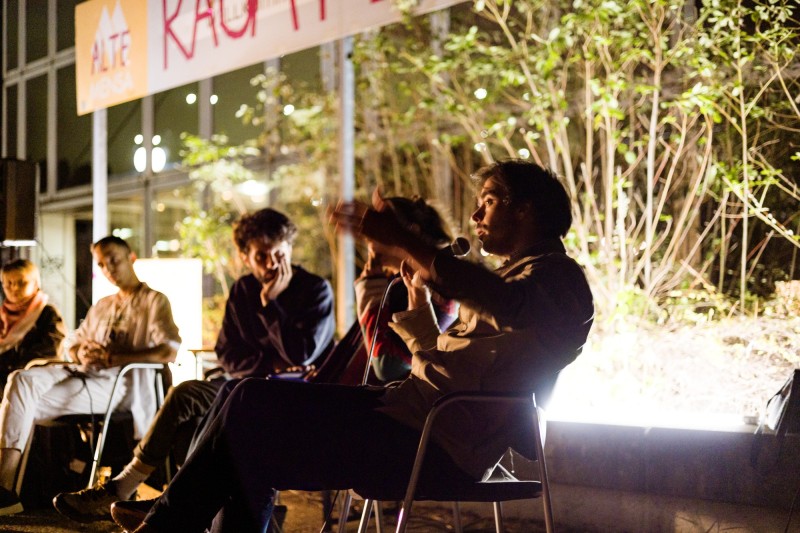
© WIENWOCHE/Mohammad Boshnaf -
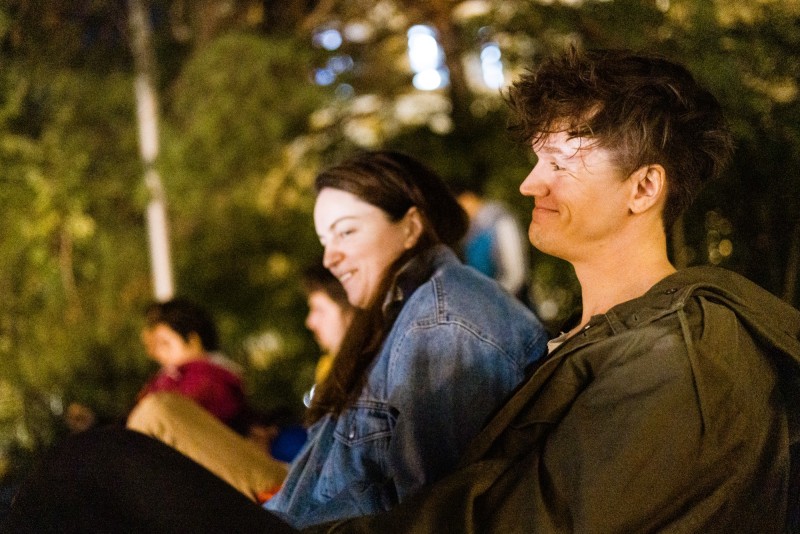
© WIENWOCHE/Mohammad Boshnaf -
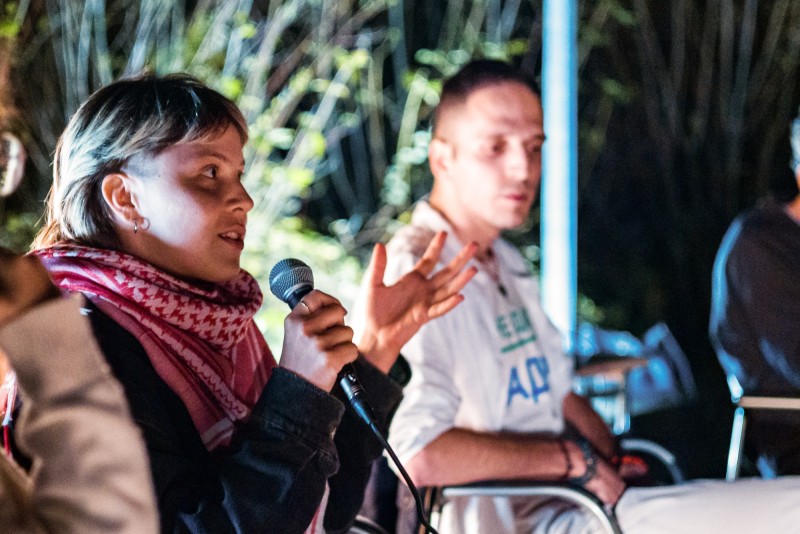
© WIENWOCHE/Mohammad Boshnaf -
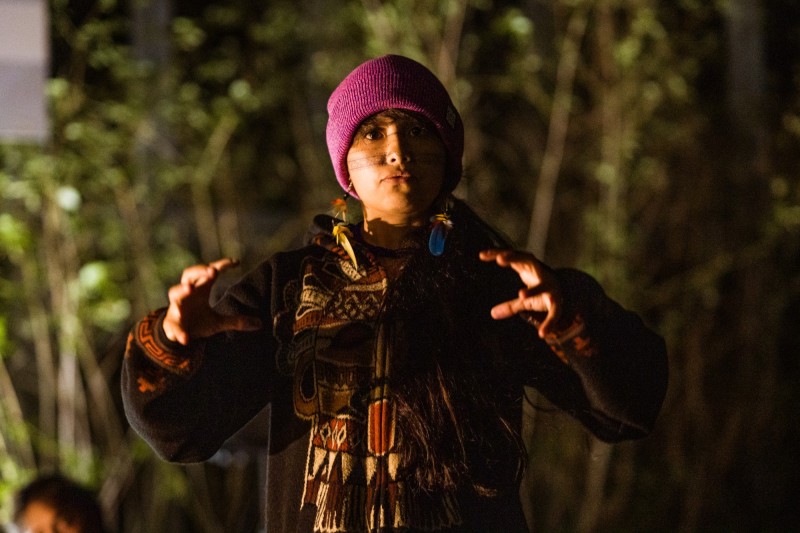
© WIENWOCHE/Mohammad Boshnaf -
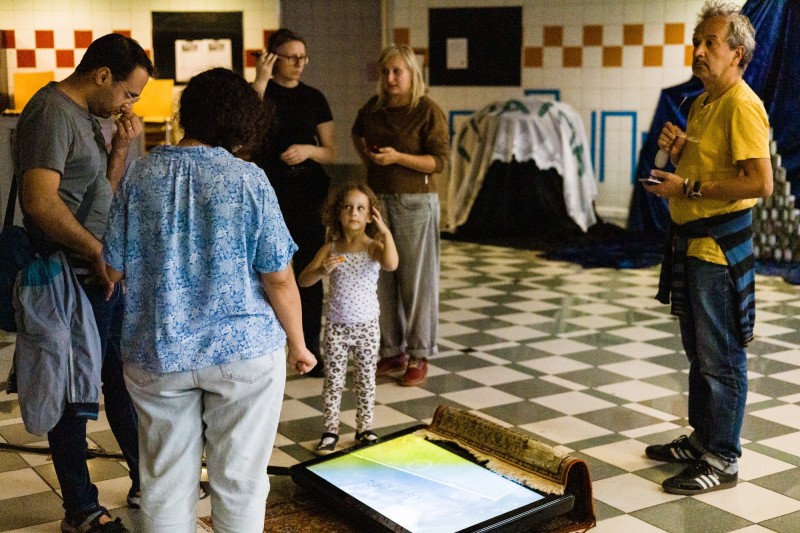
© WIENWOCHE/Mohammad Boshnaf -
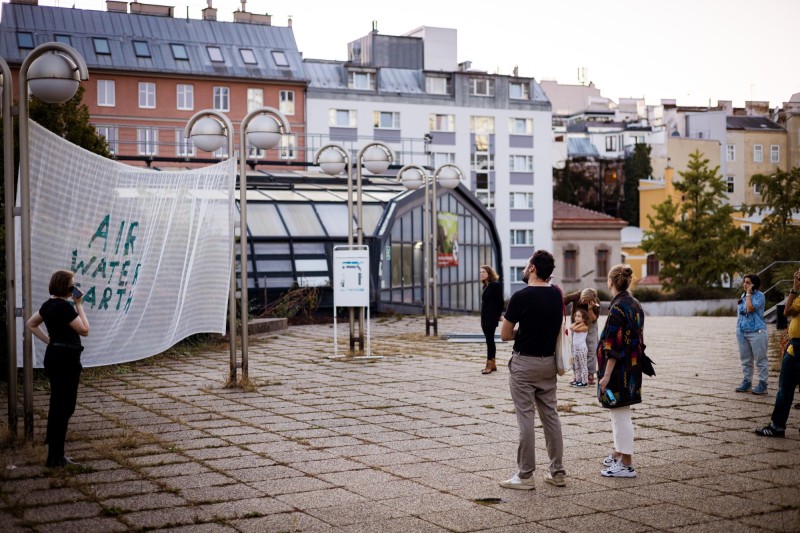
© WIENWOCHE/Mohammad Boshnaf -
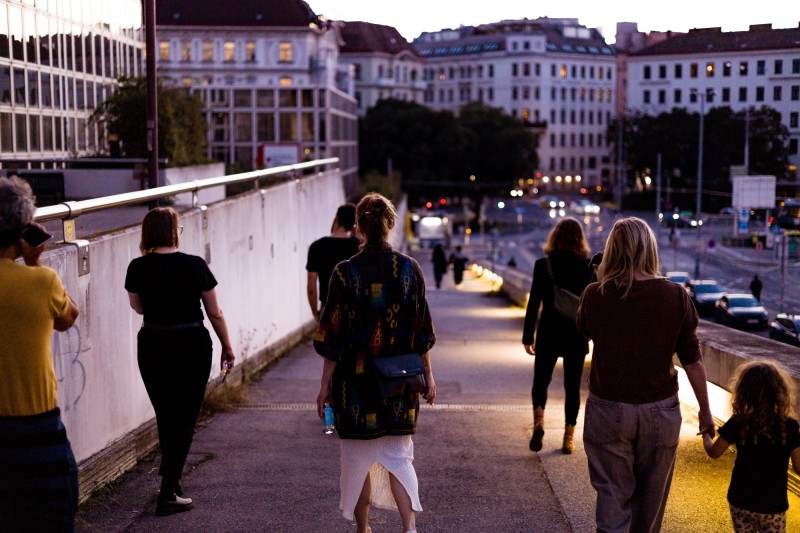
© WIENWOCHE/Mohammad Boshnaf -
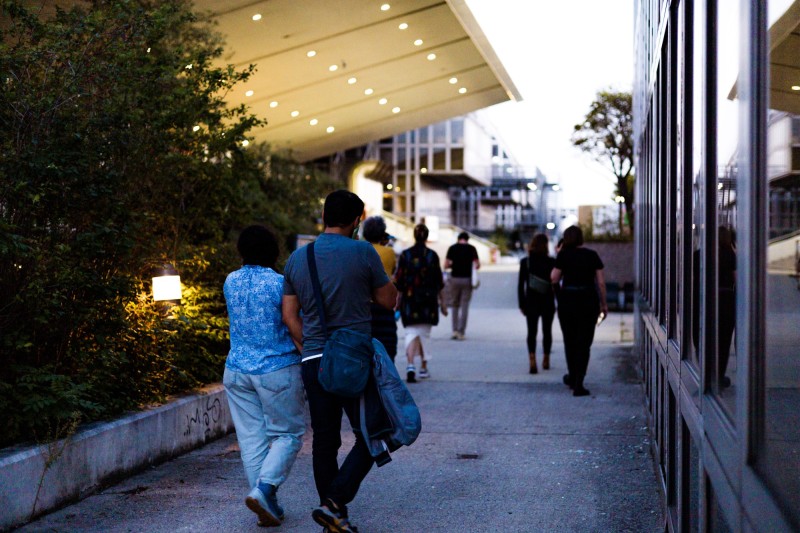
© WIENWOCHE/Mohammad Boshnaf -
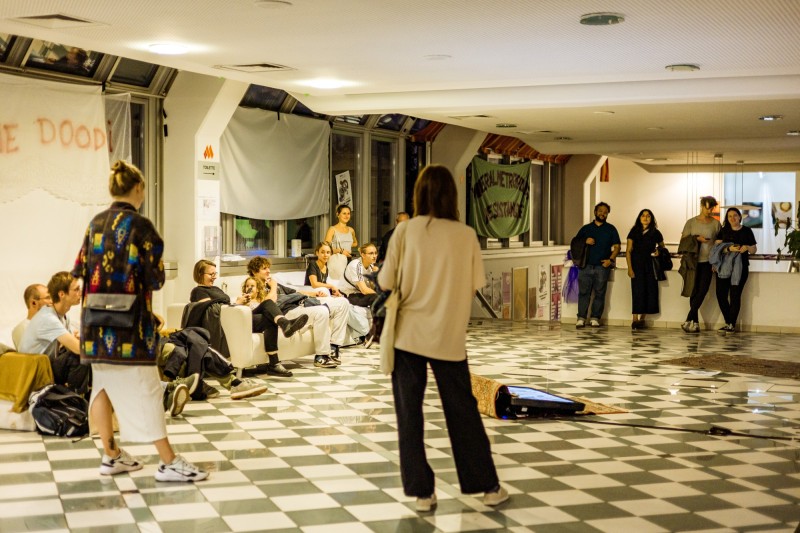
© WIENWOCHE/Mohammad Boshnaf -

© WIENWOCHE/Mohammad Boshnaf -
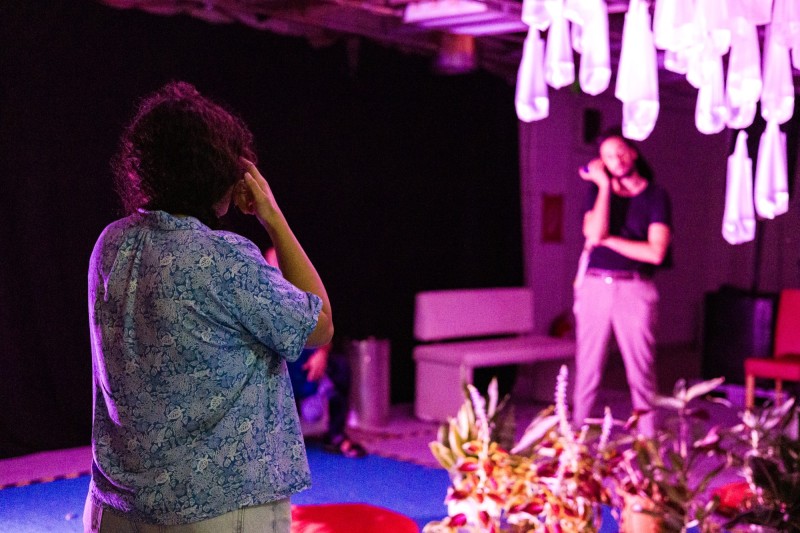
© WIENWOCHE/Olesya Kleymenova -
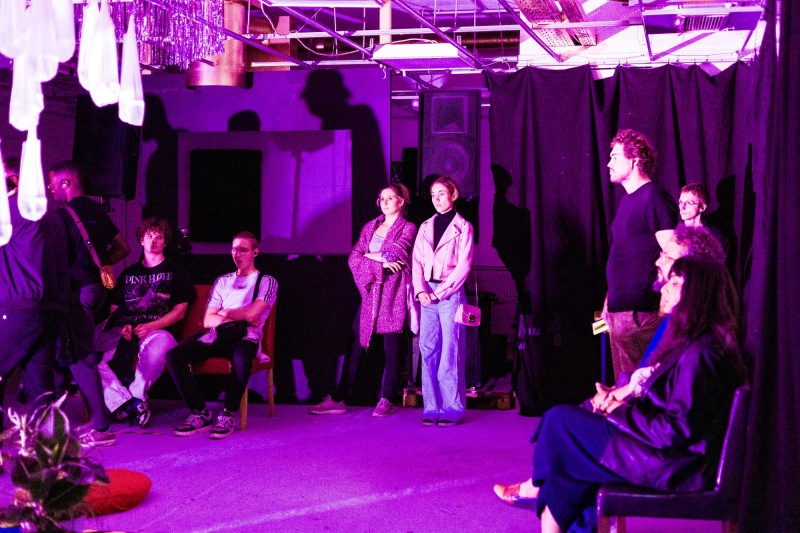
© WIENWOCHE/Olesya Kleymenova
WIENWOCHE
ANTI-EXTRACTION PEOPLE’S SCHOOL
How is the green and digital transition narrative being used to greenwash the expansion of mining and other extractive projects in the Balkans and elsewhere? What movement needs to be built and strengthened across geographies?
This project of the Group on Green Extractivism in the Balkans (GGEB) departs from the mining struggles in the Balkans in the context of the EU Critical Raw Materials and seeks to create a space for collective analysis and action using a decolonial feminist lens.
The project offers a unique networking platform for activists and art and cultural workers in the format of a collective learning space. Here, environmental activists meet concerned and engaged (non)citizens to present their struggles in the EU space and look for alternative ways to create new and radical forms of participation and social reproduction through collective learning.
The sessions take place in the format of ‘People's school’ in close collaboration with 4thangrund Kulturzentrum, drawing on learning practices in the tradition of workers' collectives and assemblies. The programme concludes with a public manifesto.
Credits
Authors and facilitators: Group on Green Extractivism in the Balkans (Nina Djukanović, mirko nikolić, Sofija Stefanović)
Producer & exhibition curator: Marko Markovic / Galerie Utopia / 4lthangrund
Financial department: Smaranda Krings / 4lthangrund
Workshop facilitators: HEKLER kolektiv, Jelena Savić, Jevđenije Julijan Dimitrijević, Justina Špeirokaitė, Majda Ibraković, Paccha Turner Chuji
Workshop facilitator and author of the exhibition: Miloš Vučićević
Related Events
18.09.
Group on Green Extractivism in the Balkans
EXHIBITION “LANDSCAPES OF NEW UTOPIA”
18.09.
Group on Green Extractivism in the Balkans
ANTI-EXTRACTION PEOPLE’S SCHOOL DAY 0: ONLINE PANEL “INTERSECTIONAL FEMINISMS AGAINST EXTRACTIVISM: LABOUR, AMBIVALENCES AND AGGRAVATION”
Show more details
This conversation comprises contributions from different areas exploited for coal or mineral mining, mostly in colonial contexts: South Africa; the Swedish part of Sápmi; the Américas; and Bishkek in Kyrgyzstan. Building on intersectional feminisms, based on groundbreaking works such as Macarena Gómez-Barris’ Extractive Zone, we revisit different mining areas from the perspectives of women*, Indigenous people and workers, impacted by the appropriation of their lands or their work in the mining sector. We will focus on the situations and agencies of local people and seek (and hopefully provide) some footing amidst literally destabilized grounds of mining, aggravations of capitalist extraction, ecological devastation, and ongoing colonization by resisting extractivisms through our feminist approaches. In relation to artistic practices in various formats, we will tackle violent trans-corporealities, as well as emancipatory agencies.
Participants:
»Bermet Borubaeva, public policy analyst, curator, and co-founder of Bishkek School of Contemporary Art, Bishkek in Kyrgyzstan
»Lis-Mari Gurák Hjortfors, activist and ethnologist, Koskullskulle/Malmberget/ Gällivare in the Swedish part of Sàpmi
»Samantha Hargreaves, ecofeminist activist, active in WoMin, South Africa
Moderation/co-organization:
»Karin Reisinger, researcher, architect, and curatorial practitioner, Academy of Fine Arts Vienna
19.09.
Group on Green Extractivism in the Balkans
ANTI-EXTRACTION PEOPLE’S SCHOOL DAY 1: UNPACKING EXTRACTIVISMS (WORKSHOPS)
19.09.
Group on Green Extractivism in the Balkans
EXHIBITION “LANDSCAPES OF NEW UTOPIA”
19.09.
Group on Green Extractivism in the Balkans
ANTI-EXTRACTION PEOPLE’S SCHOOL DAY 1: UNPACKING EXTRACTIVISMS (WORKSHOPS)
20.09.
Group on Green Extractivism in the Balkans
EXHIBITION “LANDSCAPES OF NEW UTOPIA”
20.09.
Group on Green Extractivism in the Balkans
EXHIBITION “LANDSCAPES OF NEW UTOPIA”
21.09.
Group on Green Extractivism in the Balkans
EXHIBITION “LANDSCAPES OF NEW UTOPIA”
21.09.
Group on Green Extractivism in the Balkans
EXHIBITION “LANDSCAPES OF NEW UTOPIA”
21.09.
Group on Green Extractivism in the Balkans
EXHIBITION “LANDSCAPES OF NEW UTOPIA”
21.09.
Group on Green Extractivism in the Balkans
EXHIBITION “LANDSCAPES OF NEW UTOPIA”
22.09.
Group on Green Extractivism in the Balkans
EXHIBITION “LANDSCAPES OF NEW UTOPIA”
24.09.
Group on Green Extractivism in the Balkans
EXHIBITION “LANDSCAPES OF NEW UTOPIA”
25.09.
Group on Green Extractivism in the Balkans
EXHIBITION “LANDSCAPES OF NEW UTOPIA”
26.09.
Group on Green Extractivism in the Balkans
EXHIBITION “LANDSCAPES OF NEW UTOPIA”
27.09.
Group on Green Extractivism in the Balkans
EXHIBITION “LANDSCAPES OF NEW UTOPIA”
28.09.
Group on Green Extractivism in the Balkans
EXHIBITION “LANDSCAPES OF NEW UTOPIA”
29.09.
Group on Green Extractivism in the Balkans
EXHIBITION “LANDSCAPES OF NEW UTOPIA”
01.10.
Group on Green Extractivism in the Balkans
EXHIBITION “LANDSCAPES OF NEW UTOPIA”
02.10.
Group on Green Extractivism in the Balkans
EXHIBITION “LANDSCAPES OF NEW UTOPIA”
03.10.
Group on Green Extractivism in the Balkans
EXHIBITION “LANDSCAPES OF NEW UTOPIA”
04.10.
Group on Green Extractivism in the Balkans
